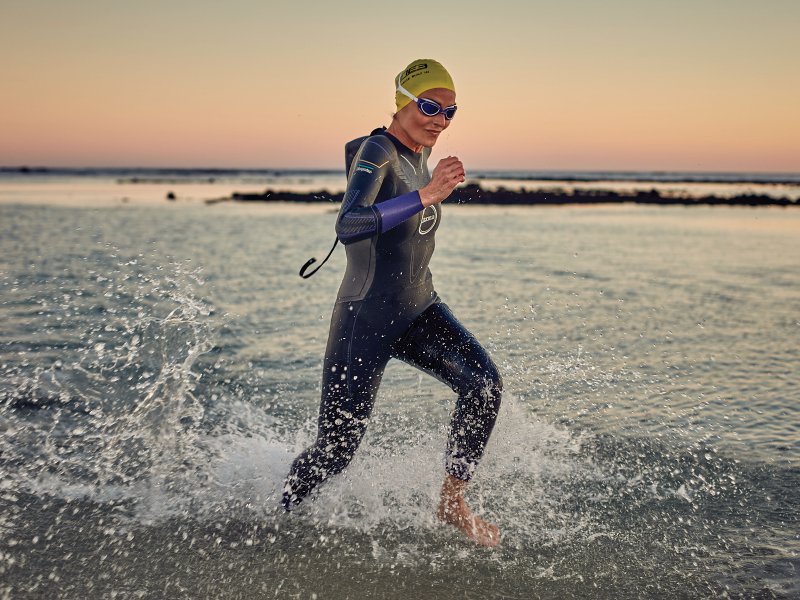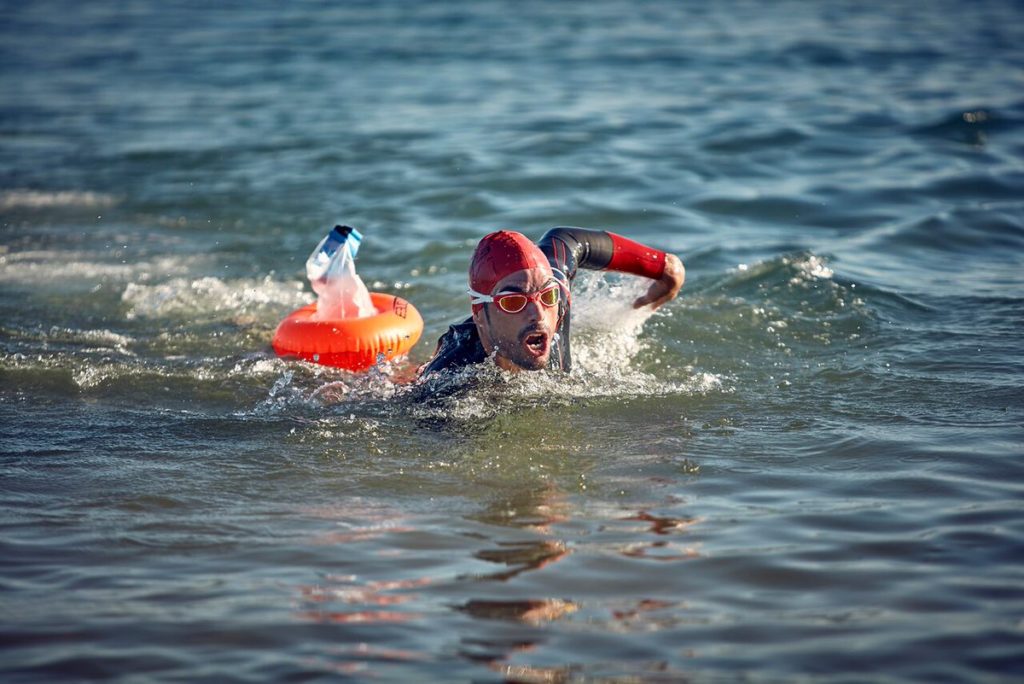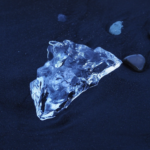A triathlon is the ultimate test of athleticism and the multi-discipline contest should not be taken lightly. The three elements are all incredibly tough and even seasoned professionals such as the Alastair Brownlee will occasionally find this feat of endurance fiendishly difficult. Competitors will each have their own opinions on which of the three aspects is the most gruelling but many experts agree that the race can be won or lost during the swimming stage.
Source: Zone3 Triathlon via Twitter
The Ironman challenge is one of the higher-profile triathlon events on the calendar and many professional cyclists such as John Howard, Chann McCrae and Laurent Jalabert have competed in this contest. Andrew Talansky is just one of the many cyclists to have made the transition. He suggested that the solitary nature of the swim isn’t a problem as many of his peers are adept at being responsible for their own destiny and have become accustomed to hours of solo pursuits.
Talansky, who competed in the 2014 Tour de France, admitted that it is a huge challenge for cyclists to transfer their skills to the open water and confessed that he had to be careful not to push himself too much during the energy-sapping opening stages. The American retired from professional cycling in September 2017 and as a result, he won’t be taking part in this year’s Tour de France. Richie Porte and Nairo Quintana are the two early favourites in the cycling betting ahead of the iconic event, which gets underway at the beginning of July.
Swimming takes up around 1/8 of the overall race time and it is sandwiched in the middle of two exhausting events. Athletes who excel in the water are generally those who possess relatively broad shoulders and as a sport which uses the majority of muscle groups, they also tend to be well-built. This isn’t always conducive to being a good runner and cyclist.
Source: Zone3 Triathlon via Twitter
It is possible to practice both the running and cycling stages of the event fairly easily but the opportunities to swim in open water don’t always present themselves and this is why many athletes claim to find it the toughest section. Mass starts are far from ideal and managing to negotiate a number of competitors all vying for space in the water can sometimes hinder rhythm and even the faintest of touches from a rival can be hugely off-putting. It is advised to conserve some energy for a tricky-looking turn and this extra push may just find you enough room to pass a number of fellow triathletes.
Swimming is arguably the part of the event which requires the most skill and technical ability. It drains a high level of energy and being mentally tough is absolutely imperative. Athletes must push through the pain barrier and not revert to thoughts of the third and final stage.
People without a swimming background may fear this part of a triathlon and if you took a straw poll, most athletes would probably say they prefer the cycling or running. Despite it commanding the smallest amount of time, swimming is generally regarded as the trickiest part of a triathlon but if you’re mentally prepared and have some experience of the open water, it is possible to push through and take it all in your stride.




